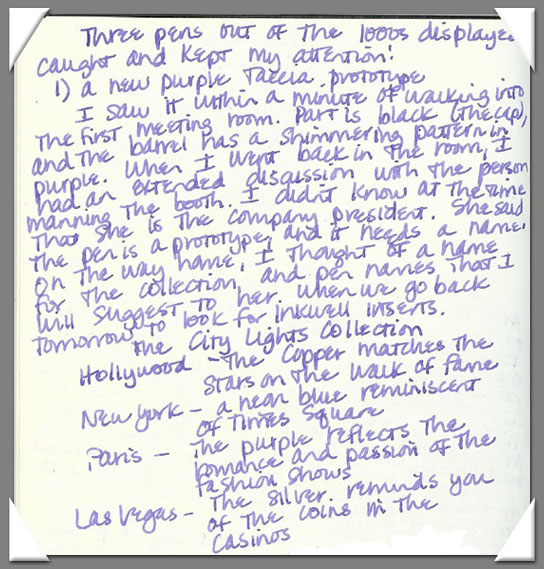Karen’s narration of this entry
My extended absence from my blog is due in part to an amazing 2-week cruise from Miami to Los Angeles through the Panama Canal. As faithful readers of this blog know, I always observe lessons applicable to voiceover when I travel, and this latest trip was no exception.
Every cruise ship director hires a variety of performers who must amuse and entertain the passengers. The nightly shows during our sailing on the glorious Norwegian Pearl were particularly enjoyable. We heard pianist Nadia Zaitsev perform some incredibly complex arrangements of Bach, Beatles, Gershwin, and Chopin before tackling a truly thrilling rendition of Scott Joplin’s Maple Leaf Rag. Another night, we watched a guy known as Los Gauchos twirl rope with balls at each end with such terrific speed so that it looked like swirling laser beams encircling him. Okay, it sounds like a lame act, but trust me, this guy was mesmerizing. We watched Professor Watson move effortlessly between solos on fiddle, mandolin, and trumpet in successive songs.
With each performer, I first admired their talent. My second thought was about the enormous number of hours that each must have spent in practice of his or her art in order to perform flawlessly before the audience. As voice talent, we also have the responsibility of practicing before we’re in front of an audience, whether that audience is face-to-face, as in a studio session, or virtual in an on-line audition.
During our trip, fellow voiceover artist Terry Daniel wrote an article on his blog about the merits of practice. Terry wisely points out that voice talent have a perpetual need to voice copy out-loud in order to find the best technique and interpretation.
When I’m on vacation, I usually do practice voiceover almost every day. I’ll read aloud the ingredients of shampoo bottles (great practice for medical narrations), the ship’s daily newsletter (practice for travel narrations), and books (practice for audiobook narration and characterizations). However, I admit that I have been lax sometimes about practicing voiceover while at home.
While many people think that voiceover work is simply talking or reading aloud, the ability to read smoothly out-loud is just the starting point in this career. I always encourage newcomers to read everything out-loud in order to bring some reality to their dream.
As a voice talent gets some paid jobs and starts growing a business, it’s easy to forego practice for the sake of practice. We may think we get all the voiceover practice that we need in doing auditions. If you view an audition as part of the job of being a voice talent, though, you can see dedicated practice is necessary before undertaking any auditions.
In addition to Terry’s article, I read a couple of other things recently that re-affirm to me the necessity of constant voiceover practice. An editorial in the New York Times reminds me that reading aloud is a very different physical experience than reading silently. Also, comprehension can be measured by a person’s skill in reading out loud because “…it reveals far more than whether the reader understands the words. It reveals how far into the words — and the pattern of the words — the reader really sees.”
Even more interesting to me is the assertion made by voice talent Anthony Mendez in his insightful and fascinating e-book titled Meditation for Voice-Over: The Voice Actor’s Guide to Not Worrying and Reducing Stress. I liked this ebook immensely because Anthony applies some Law of Attraction and mind power principles to increasing one’s voiceover business. He lists 3 Ms as the benefits of voiceover practice in front of the mic:
1) Your muscles become strong.
2) Your muses conspire to help you realize your intentions.
3) Your mind is focused on a single point, which causes manifestation to occur more quickly.
(Hmmm…maybe that should be 4 Ms!)
Anthony further states that by doing, you will BE.
I can think of no better reason to practice voiceover every day. Toward that end, it’s my intention to record this and future blog posts as part of my practice sessions.
Do you practice voice-over? I’d love to get your thoughts on this topic, so please leave a comment on the blog.


